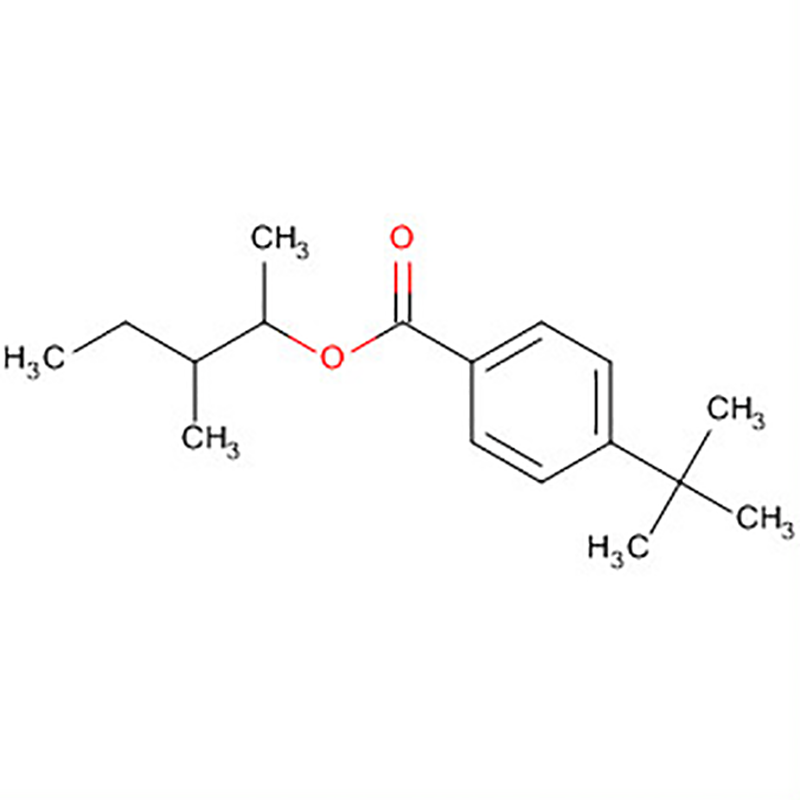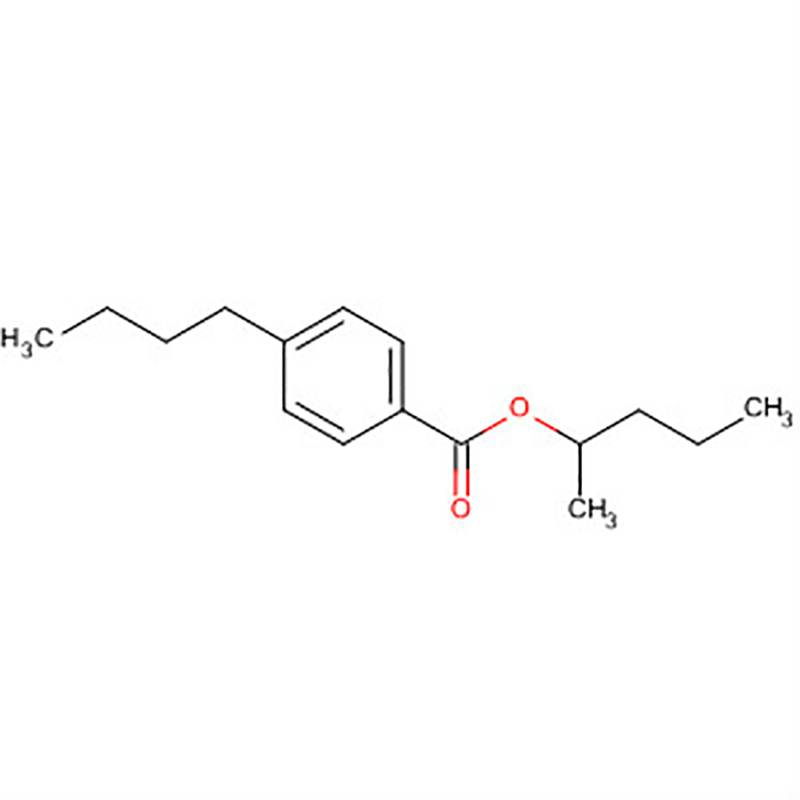-
Categories
-
Pharmaceutical Intermediates
-
Active Pharmaceutical Ingredients
-
Food Additives
- Industrial Coatings
- Agrochemicals
- Dyes and Pigments
- Surfactant
- Flavors and Fragrances
- Chemical Reagents
- Catalyst and Auxiliary
- Natural Products
- Inorganic Chemistry
-
Organic Chemistry
-
Biochemical Engineering
- Analytical Chemistry
-
Cosmetic Ingredient
- Water Treatment Chemical
-
Pharmaceutical Intermediates
Promotion
ECHEMI Mall
Wholesale
Weekly Price
Exhibition
News
-
Trade Service
【Pharmaceutical Network Market Analysis】In the past, the anti-cancer drug PD-1 showed a blue ocean and had broad market prospects, but with the addition of more and more pharmaceutical companies, some tracks have become more crowded, and the market has gradually become a red ocean
.
Junshi Biologics announced on the evening of November 21 that the company received the "Drug Supplement Application Approval Notice" approved and issued by the State Food and Drug Administration, and the supplementary application for adalimumab injection (trade name: Junmaikang ®) for the treatment of Crohn's disease, uveitis, polyarticular juvenile idiopathic arthritis, plaque psoriasis in children, and Crohn's disease in children was approved
.
Up to now, Junmaikang has been approved for a total of 8 indications in China, in addition to the 5 new indications, the previously approved indications also include rheumatoid arthritis, ankylosing spondylitis and psoriasis
.
The original research of adalimumab injection is Humira developed by AbbVie, which has sold well and generated revenue
exceeding the $20 billion mark in 2021.
In China, Humira was approved to enter the domestic market in 2010 and has been approved for a total of 8 indications, which is consistent with
Junmaikang.
At present, in addition to the 8 indications approved by Junmaikang, there are also 8 indications approved for adalimumab from three domestic pharmaceutical companies, namely Bio-Thera Galleri, Hisun Pharmaceutical's Anjianning, and Innovent Biologics
' Sulixin.
In addition, there are Taiboya of Chia Tai Tianqing and Henlius' Handayuan have been approved for more than 3 indications, plus the original research, a total of 7 domestic adalimumab
.
Among them, Junshi Biologics/Mabwell Biologics' Junmaikang and Chia Tai Tianqing's Taiboya were approved
in January and March this year, respectively.
With the entry of more pharmaceutical companies, it can be expected that the domestic adalimumab market competition will become more fierce
in the future.
According to Frost & Sullivan's forecast, the market size of adalimumab and biosimilars in China will exceed 10 billion yuan by 2024 and 24 billion yuan
by 2030.
In addition to facing more manufacturers' share of the market, adalimumab is also facing a trend
of price reduction.
In February 2010, adalimumab was included in medical insurance, and the medical insurance payment standard was 1290 yuan per unit
.
In recent years, as the market competition has become more fierce, many domestic enterprises have lowered the price of this variety, and in the procurement of various provinces in 2020, pharmaceutical companies such as Bio-Thera and Hisun Pharmaceutical have lowered the price of their adalimumab hanging net to 1150 yuan / piece
.
In addition, in the 2021 edition of the national medical insurance drug catalog, 8 indications of adalimumab were included
.
At present, whether it is original research or domestic production, the price of adalimumab is basically about
1,000 yuan / tube.
In the future, whether adalimumab will enter the centralized procurement has attracted much attention from the industry, from the past centralized procurement experience, the general variety through price for volume, in the short term related enterprises may face impact
.
However, recently, Mabwell said in the institutional research activity that the company's expectation of adalimumab entering the centralized procurement in the future will not be too pessimistic
.
The main reasons include: the company is the sixth domestic company to go public as a latecomer to adalimumab biosimilars, and centralized procurement provides the company with the opportunity to redistribute the hospital market; Secondly, the collective procurement of biological products, if it refers to the previous model of insulin and its analogues, is a "special centralized procurement", and the price decline should not be too pessimistic
.
The company's future sales planning and expectations have taken into account factors such as price reductions; In addition, the company believes that adalimumab biosimilars are completely different from chemical generics, and it still needs to increase the recognition and penetration rate of biological agents through academic marketing and drive the increase in sales to reduce the downward pressure
on prices.
Disclaimer: Under no circumstances does the information or opinions expressed herein constitute investment advice
to anyone.







